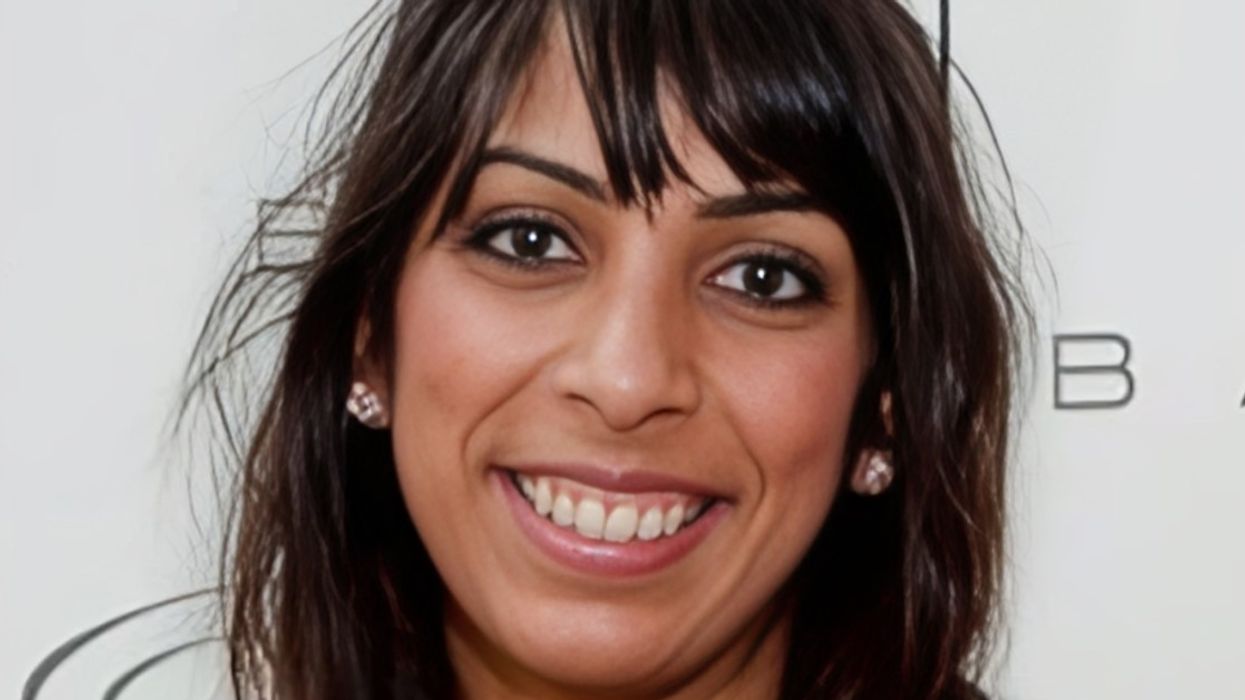Dr Mehreen Datoo, a British infectious disease specialist, has been instrumental in the development of a new malaria vaccine following her own near-fatal encounter with the disease during her medical studies.
"I collapsed getting off a bus in Uganda, and the next thing I knew I was in hospital being treated for severe malaria," Datoo told The Times, recounting the ordeal she experienced in her early twenties. "It knocked me for six," she added, noting doctors feared she might not survive the night.
Now 37, Datoo serves as a clinical research fellow at the University of Oxford’s Jenner Institute. Working under the guidance of Sir Adrian Hill, a professor of vaccinology, she contributed significantly to the creation of the R21/Matrix-M vaccine. This vaccine is the first to achieve the World Health Organization’s (WHO) goal of 75 per cent efficacy in preventing malaria.
The WHO approved the vaccine in October, and it was first administered to infants in Ivory Coast and South Sudan on Monday. According to The Times, it is expected to reach 15 African countries by the end of the year.
Developed in collaboration with the Serum Institute of India (SII), the world's largest vaccine manufacturer, the vaccine has already produced over 25 million doses and has the capacity to scale up to 100 million doses annually.
Datoo contracted malaria in Uganda while researching HIV as part of her BSc in international health at the University of Leeds. Despite taking antimalarial drugs, she fell seriously ill. "I had a reduced Glasgow Coma Scale (GCS) score," Datoo explained, referring to the scale used to assess consciousness. "All my blood tests were abnormal."
Her awareness of malaria risks dates back to childhood trips to East Africa, where she used bed nets for protection. Despite receiving effective treatment in Uganda, she experienced profound panic. "I’m a fit, healthy adult, so it really brought home what it must be like for children in Africa who don’t have a strong immune system," she told the newspaper. It took months for her to fully recover after returning to the UK.
Malaria affects over 200 million people annually, causing around 600,000 deaths, mostly among children under five in Sub-Saharan Africa.
The R21/Matrix-M vaccine is administered in three doses to children up to age three, followed by a booster a year later. It targets the sporozoite stage of the malaria parasite, priming the blood with antibodies.
Before R21, the only malaria vaccine approved by the WHO was RTS,S/AS01 by GSK. However, its lower efficacy and high cost led the Bill and Melinda Gates Foundation to withdraw financial support in 2022. R21 is more affordable, costing under £3.08 per dose compared to RTS,S’s £6.92 per dose.





